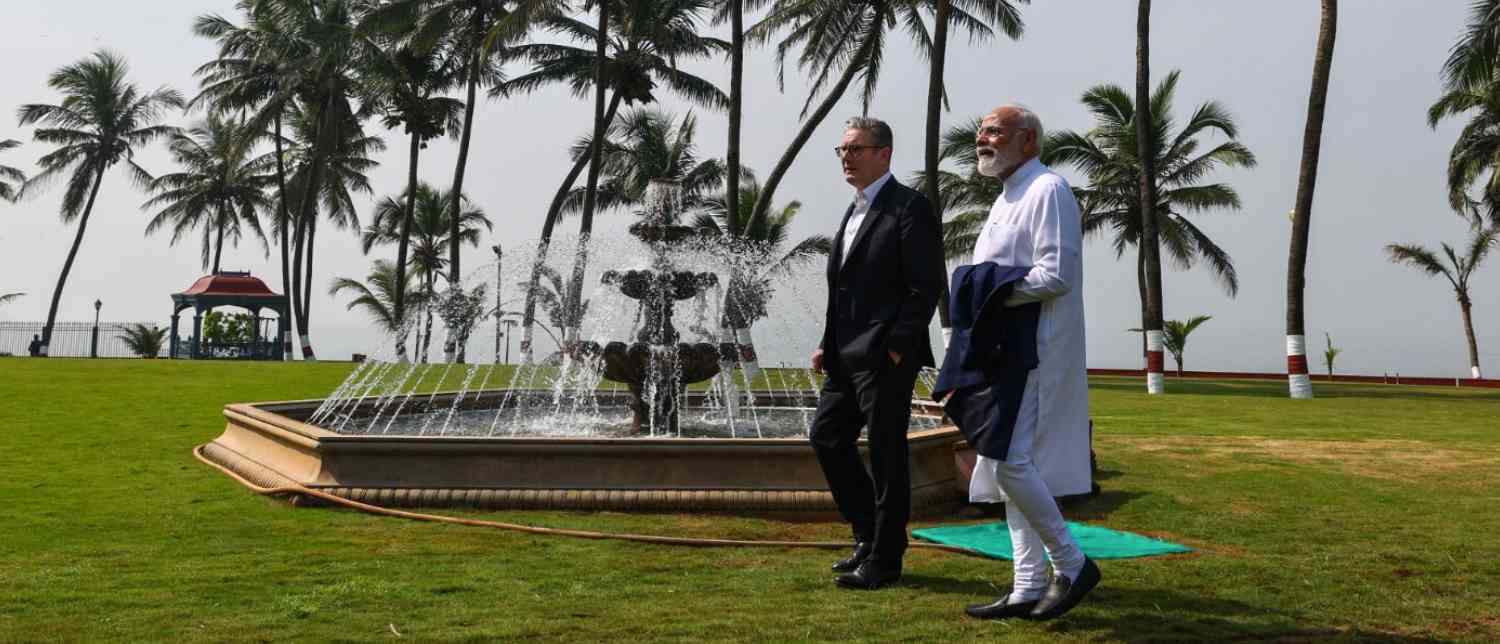The United Kingdom has finalised a major defence agreement with India worth $468 million, marking a new chapter in military and technological cooperation between the two nations. The deal involves the supply of advanced missile systems, boosting India’s defence capabilities while strengthening the U.K.’s growing footprint in the Indo-Pacific region.
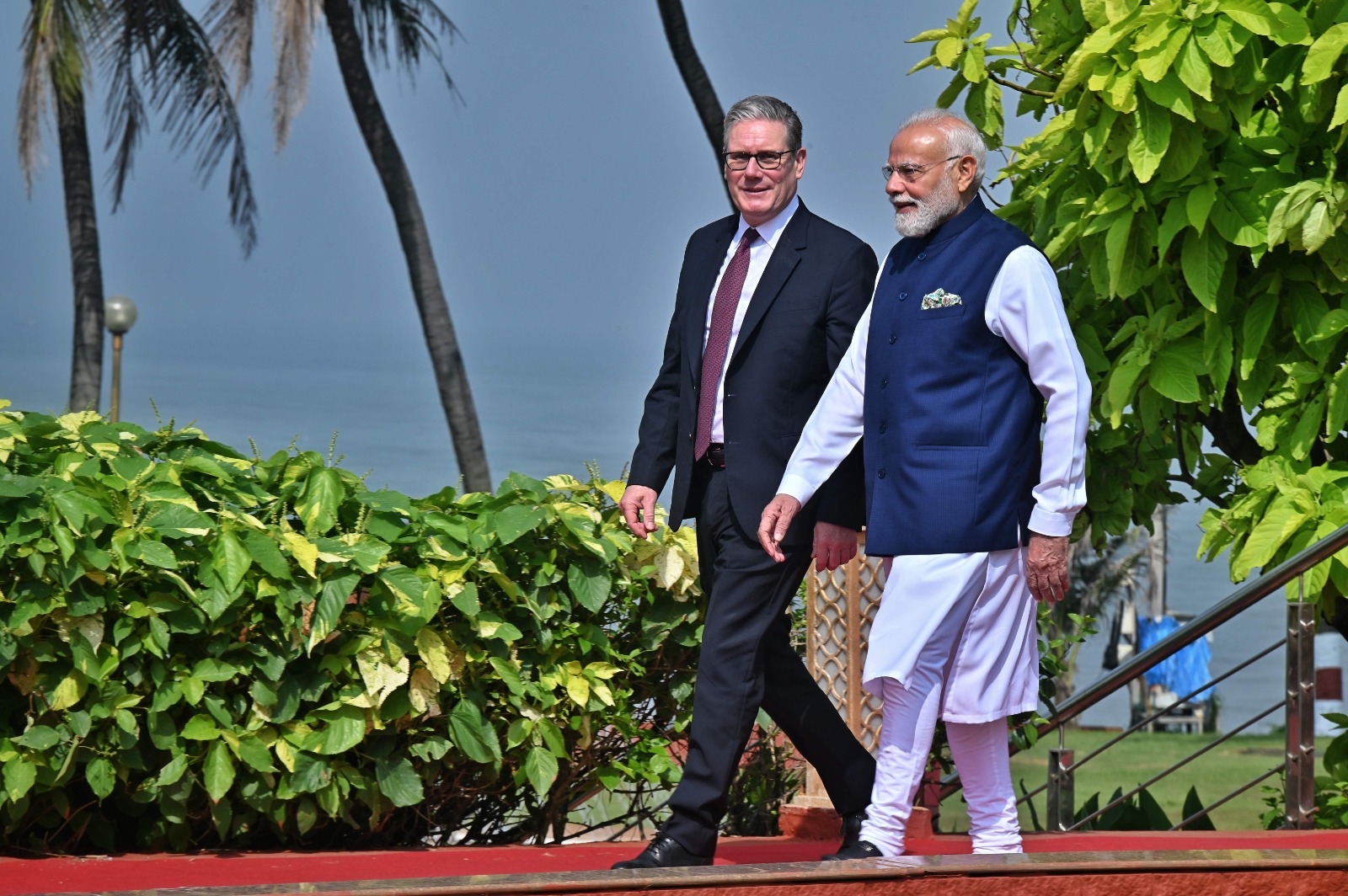
Signed between the U.K. Ministry of Defence and India’s Ministry of Defence, this agreement builds upon the strategic ties the two countries have been nurturing over the past decade. The contract, worth nearly £385 million, focuses on the delivery of state-of-the-art missile technology designed to enhance India’s defence preparedness and ensure greater regional stability.
According to officials, the deal includes not only the supply of missiles but also collaboration in training, maintenance, and technology transfer. The missiles, expected to be manufactured by British defence firm MBDA UK, will support the Indian armed forces in boosting air and naval defence systems.
For India, this agreement arrives at a crucial time. The country has been actively modernising its military under the “Make in India” initiative and is seeking global partnerships to develop stronger defence technology. The deal with the U.K. demonstrates India’s aim of diversifying its sources of military hardware beyond traditional suppliers like Russia, France, and the United States.
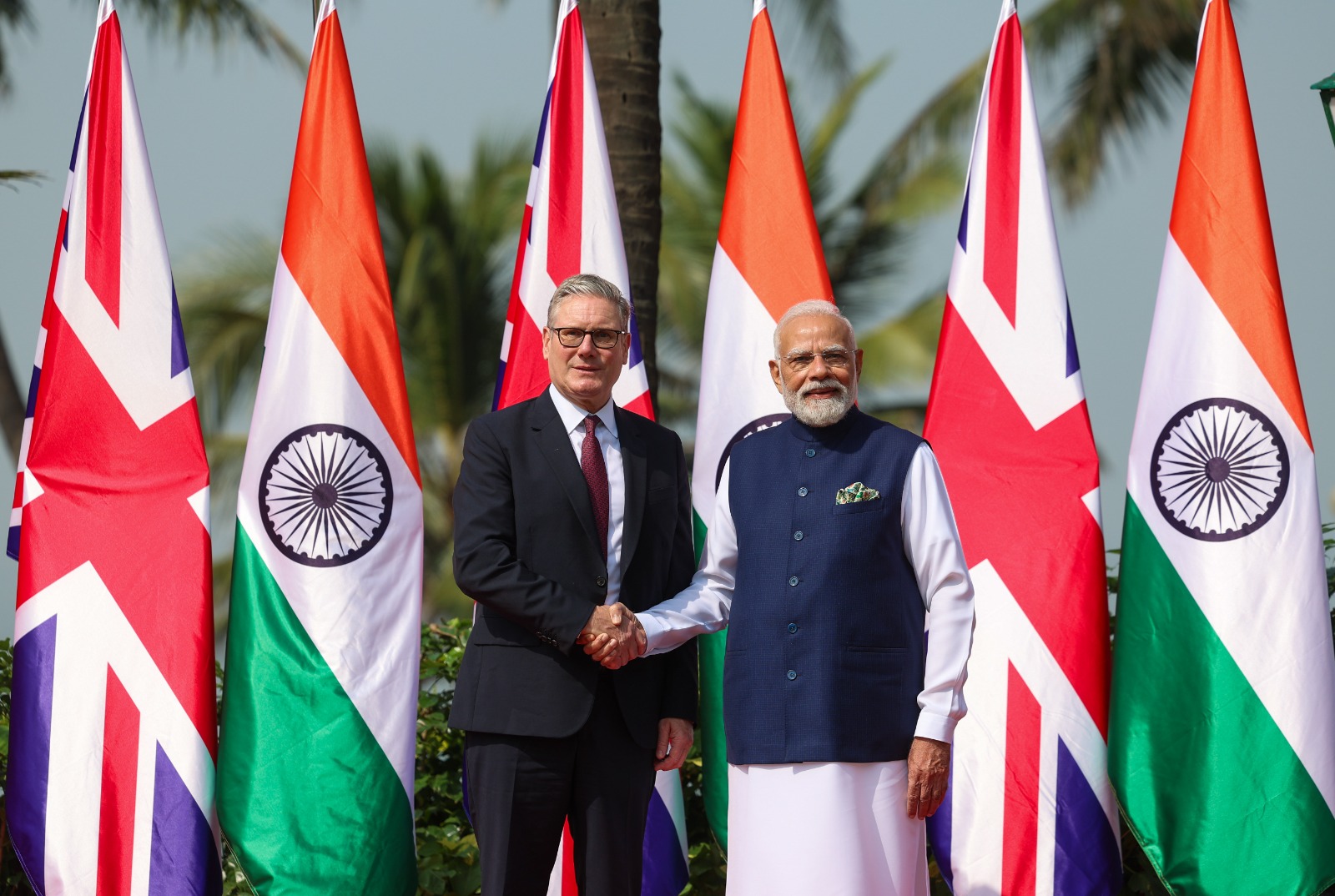
Experts say this partnership could help India balance its regional defence equation, especially given ongoing tensions with China and Pakistan. With improved missile systems supplied by a trusted Western partner, India’s deterrence capabilities are expected to receive a significant boost.
The United Kingdom has also made it clear that this is more than just a commercial transaction. It’s part of London’s renewed foreign and economic policy focus known as the “Tilt to the Indo-Pacific”, an effort to develop stronger strategic alliances across Asia.
By securing a large-scale defence contract with India — one of the fastest-growing markets for military technology — the U.K. not only strengthens its presence in the region but also supports British jobs and the domestic defence economy.
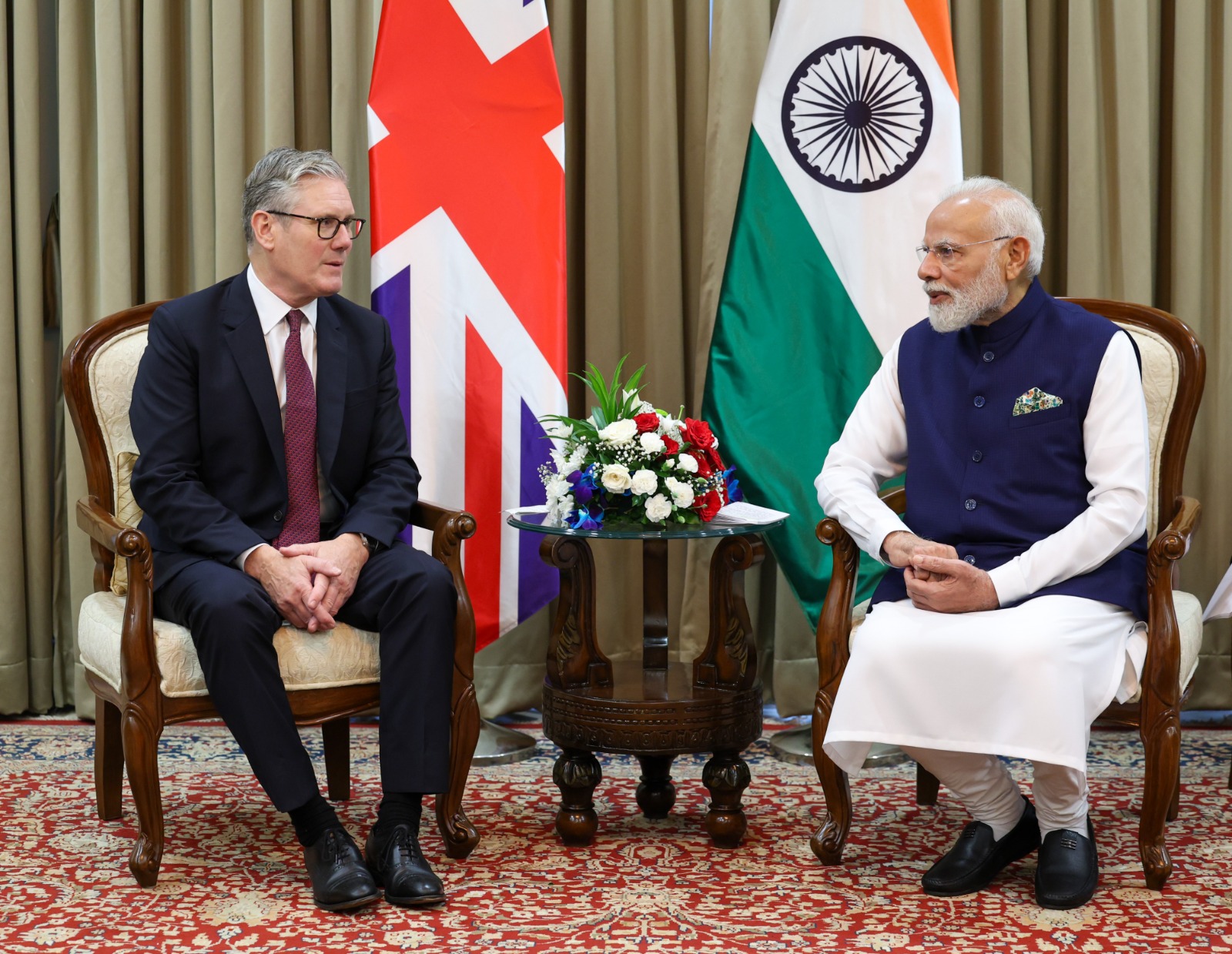
British Defence Minister Grant Shapps called the agreement a “significant step forward in our shared commitment to peace, stability, and security.” He added that this deal showcases how global partnerships can drive innovation and create growth opportunities for both countries.
An important feature of this deal is the technology transfer element. As part of the agreement, MBDA and Indian defence facilities will cooperate on assembly, quality assurance, and testing processes to ensure long-term support and skill development.
This collaboration supports India’s push for joint production and self-reliance in defence technology, helping it build capabilities within its domestic industry. For the U.K., it provides a platform to showcase its cutting-edge defence innovations while aligning with India’s strategic ambitions.
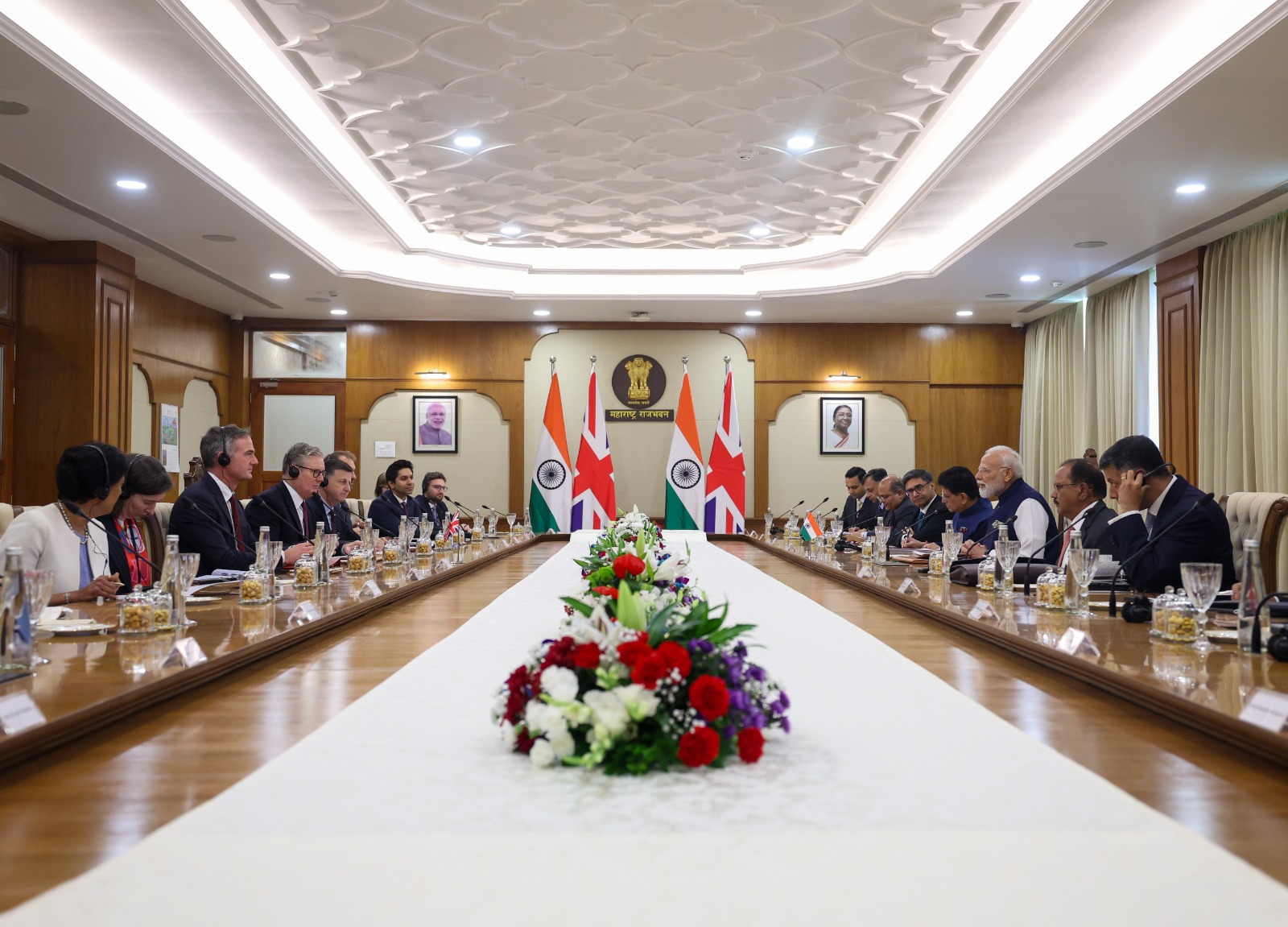
Beyond the economics, this deal carries geopolitical significance. As tensions in the Indo-Pacific rise, both the U.K. and India recognise the importance of safeguarding open sea routes and ensuring freedom of navigation.
Analysts suggest this agreement signals the two countries’ intent to act as democratic partners balancing growing military assertiveness in the region. With both nations being members of key security groupings — such as the Commonwealth and Five Eyes (for intelligence collaboration) — their enhanced defence cooperation demonstrates a shared interest in maintaining peace and order.
The deal is projected to support hundreds of skilled jobs in the U.K. defence sector, particularly in manufacturing hubs such as Bristol and Stevenage, where MBDA’s primary operations are based. For India, the local production and assembly phases will create new opportunities within the Bharat Dynamics Limited (BDL) and allied defence industries.
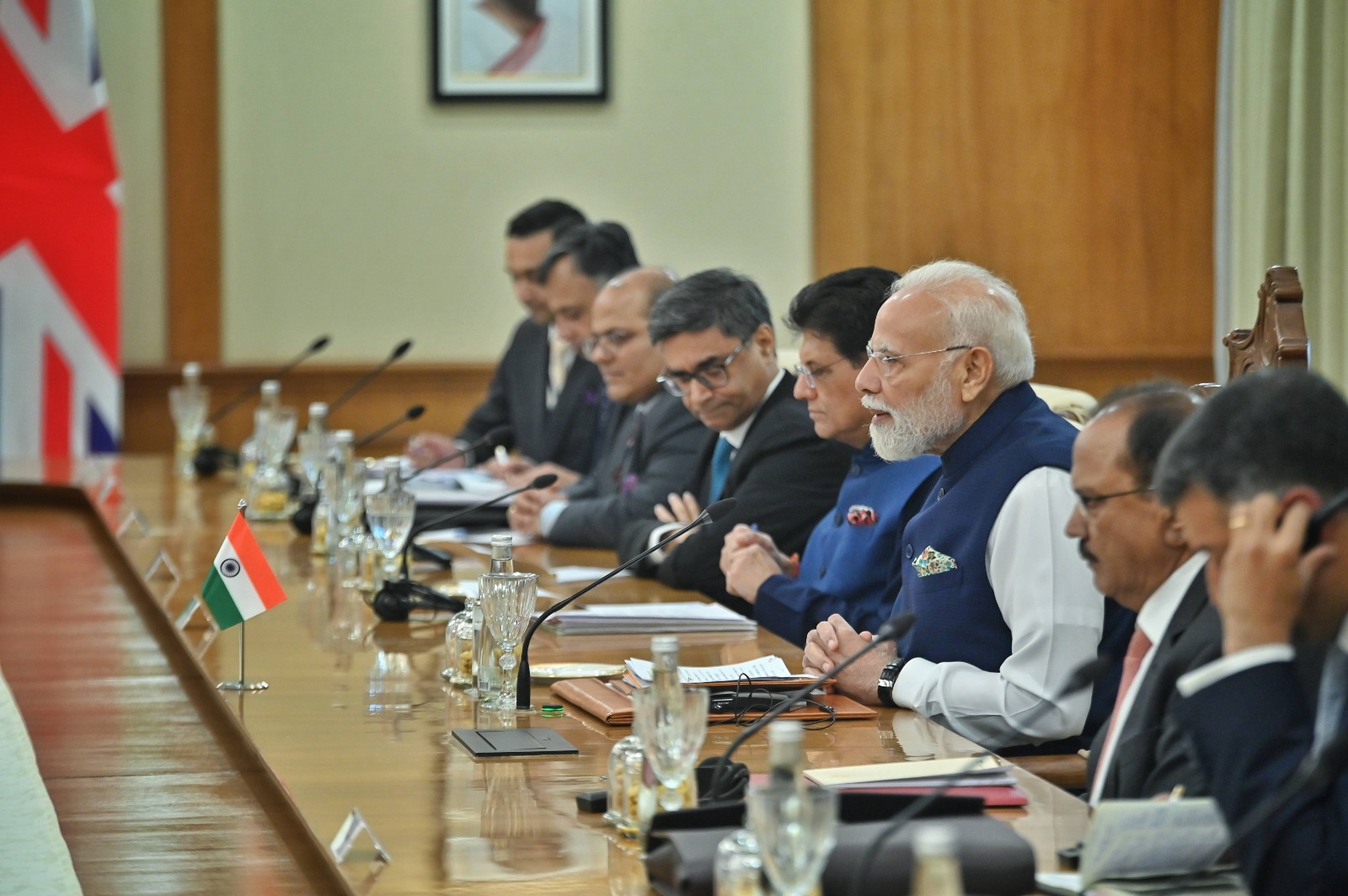
Such cross-border industrial cooperation not only unites technical expertise but also builds trust and long-term engagement between the two nations.
Defence experts believe this deal could pave the way for more ambitious projects, including co-development of next-generation radar and missile systems, as well as cyber and space security collaborations.
With global threats becoming more advanced, both India and the U.K. see defence technology sharing as an essential step towards ensuring mutual security. The partnership aligns neatly with global security goals, encouraging stability and cooperation in a fast-changing world.
While this deal has been largely welcomed, some analysts stress the need for careful execution. Ensuring transparency, minimal delays in delivery, and equitable technology sharing will be key to maintaining trust between both sides.
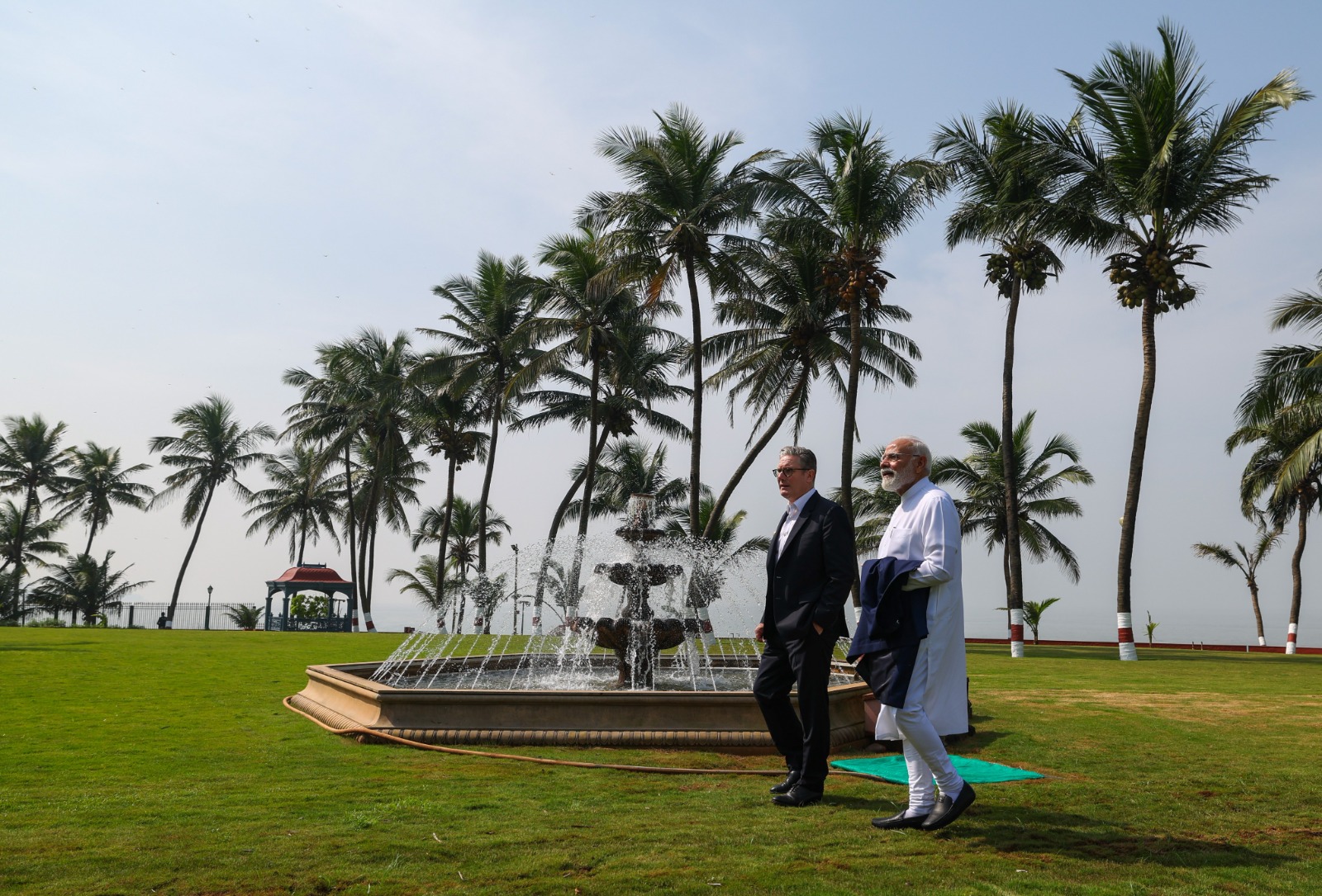
Critics also point out that high-value defence contracts can stir political debate over military spending priorities. However, proponents argue that such investments are vital for national safety and global stability.
The $468 million missile supply deal between the U.K. and India is more than a trade agreement — it’s a strategic statement. It reinforces trust, stimulates economic growth, and strengthens two democracies’ shared vision for a stable and secure Indo-Pacific region.
This historic agreement places both Britain and India in a stronger position to address future security challenges together — not as client and supplier, but as equal partners in defence and peace.
With inputs from agencies
Image Source: Multiple agencies
© Copyright 2025. All Rights Reserved. Powered by Vygr Media.

